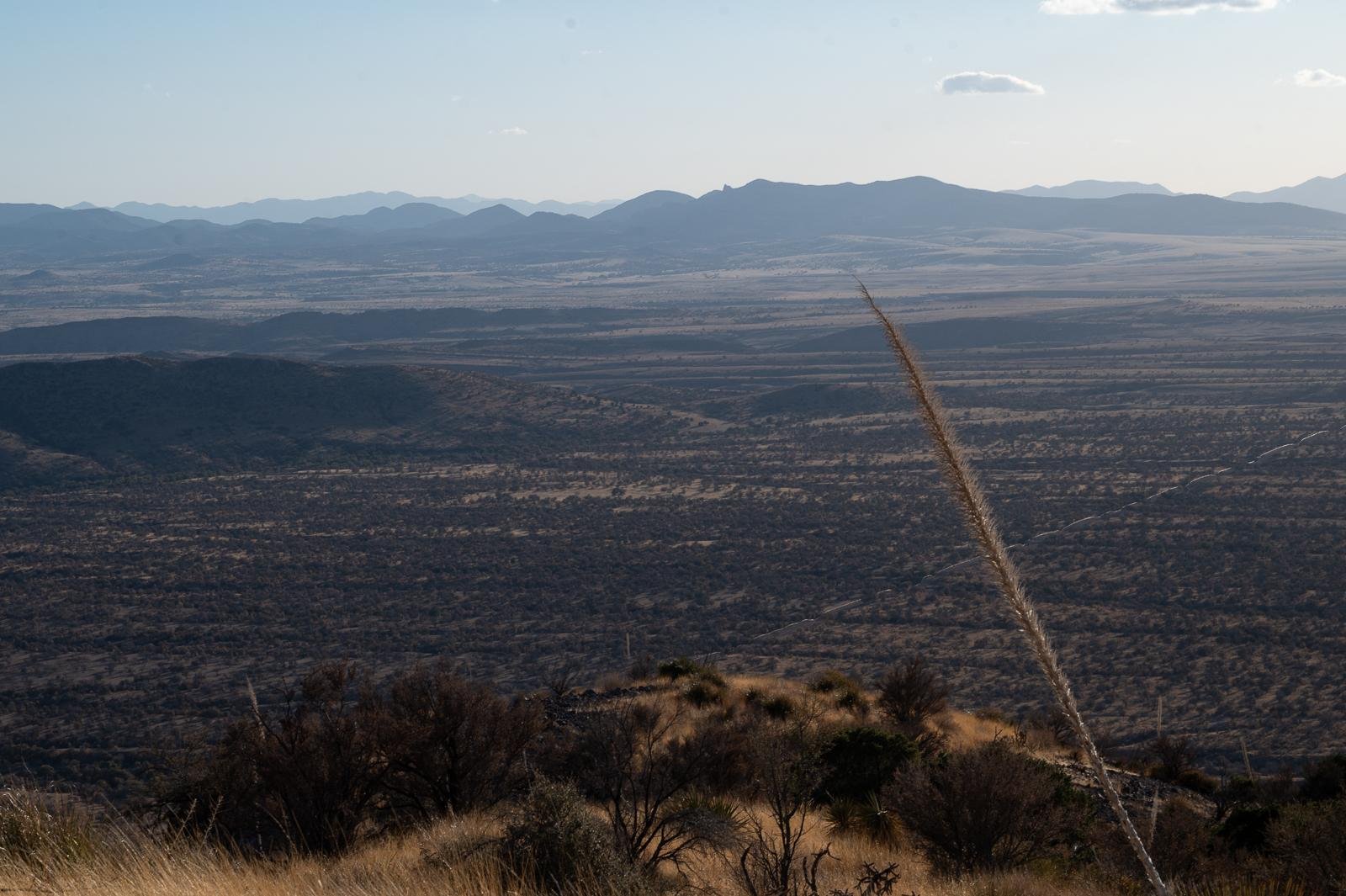Business
Trump Undoes 'Roadless Rule,' Lifting Protections on 58 Million Acres of Forests and Wildlands

The Trump administration has announced the rollback of the 2001 Roadless Rule, a significant regulatory change affecting 58 million acres of federal forest and wildlands. This decision was unveiled by Secretary of Agriculture Brooke L. Rollins during a meeting of the Western Governors’ Association in New Mexico.
The administration argues that the rule is outdated, claiming it hampers the U.S. Forest Service’s ability to manage forest health and productivity. Rollins stated that rescinding the rule would usher in a new era of sustainable forest management aimed at reducing wildfire risks through increased logging and thinning efforts.
Environmental advocates, however, have fiercely criticized this decision. They describe the Roadless Rule as a crucial safeguard for pristine natural areas, protecting both wildlife habitats and vital watersheds that supply drinking water for countless Americans. The Western Environmental Law Center warned that the rollback could unleash extensive logging and industrial activities on previously untouched public lands.
As part of broader regulatory changes, the administration claims this move addresses “over-complicated, burdensome” regulations that restrict economic development in rural communities. The USDA contends that the rescinding allows for more effective forest management to combat wildfires, particularly in regions deemed high risk.
However, environmental experts argue that increased logging could exacerbate fire hazards. Drew Caputo from Earthjustice points to studies indicating that wildfires are significantly more likely in areas with roads. He warns that the logic behind this decision prioritizes timber industry interests over forest conservation and public health.
In Arizona, over 11 million acres of national forests, including significant portions designated as roadless areas, stand to be impacted. The Coronado National Forest alone contains 421,000 acres classified as Inventoried Roadless Areas, encompassing critical ecological regions.
The Roadless Rule had been a fixture of environmental policy since its implementation during the Clinton administration, enduring numerous legal challenges aimed at undermining its effectiveness. Critics of the current rescission liken it to an extreme overreach, threatening irreplaceable natural landscapes and ecosystems.
Environmentalists argue that the habitats in these roadless areas are essential for various wildlife species and the overall health of forest ecosystems. The rollback raises concerns not only over logging practices but also regarding the long-term implications for biodiversity and climate resilience.
As the administration prepares to implement these changes, advocacy groups are mobilizing to challenge the rollback in court, pledging to fight for the preservation of America’s untouched natural landscapes.


















